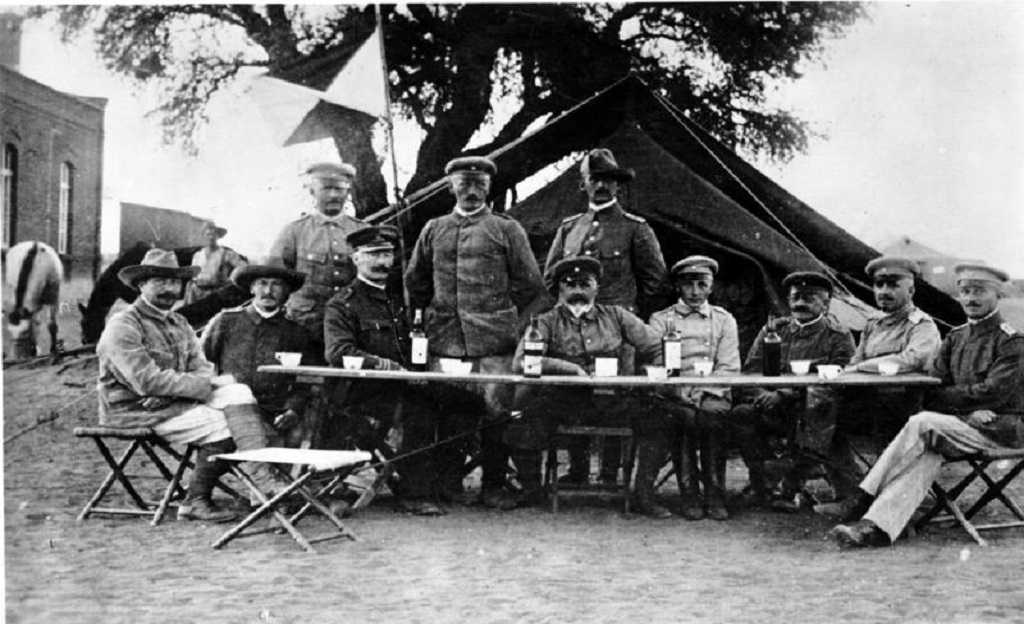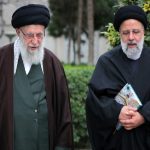Earlier this year, documenta fifteen, the 15th edition of Europe’s largest exhibition of contemporary art which takes place every five years in the German town of Kassel, found itself at the centre of a heated debate on the alleged links between anti-Semitism and post-colonial thought.
Faraan: It all started with Ruangrupa, the Jakarta-based artists’ collective in charge of curating this year’s event, opting to centre the 100-day-long exhibition around artists from the Global South and their works calling for equality, collectivity, sustainability and, most crucially, liberation from colonial oppression.
The show was not in any way focused on Palestine, with only a few Palestinian collectives invited to participate in the months-long exhibition. Nevertheless, their participation, coupled with Ruangrupa’s public support for the Palestinian Boycott Divestment and Sanctions (BDS) Movement, was enough for the German media to brand this year’s show “anti-Semitic”. Several journalists framed the anti-Semitic allegations directed at documenta fifteen also as a case against post colonialism.
One German journalist commenting on the so-called “documenta debacle”, for example, wrote, that “as long as the State of Israel is a problem for post-colonialism, post-colonialism must remain a problem for the West.” Another claimed that because Palestinian intellectual Edward Said’s book Orientalism can be categorized as a founding text of postcolonial thought, the field has “open flanks to traditional and Israel-related anti-Semitism and born with an obsession with Israel.”
The debate on the alleged anti-Semitism of post-colonial thought did not remain limited to the media sphere either. At a July meeting of the Bundestag Committee for Culture and Media on the allegations of anti-Semitism surrounding this edition of documenta, the right-wing AfD party demanded no federal funds be made available for research projects in the cultural or educational sectors “that seek to convey post-colonial ideological content” in the name of fighting anti-Semitism. And in October, Ruhr University Bochum hosted a lecture titled “Postcolonial anti-Semitism between Desmond Tutu and Documenta” which, according to its official description, attempted to “understand the peculiarities of postcolonial anti-Semitism and its argumentation using the person of Desmond Tutus as an example.”
As the mention of renowned South African racial justice activist and Nobel Peace Prize laureate Archbishop Tutu in this context demonstrates, the debate on so-called “post-colonial antisemitism” in Germany did not start with documenta fifteen. Indeed, in 2020, Cameroonian scholar Achile Mbembe, who is considered a vanguard in the field of post-colonial thought, was already accused of “relativising the Holocaust” and branded anti-Semitic by German media for calling Israel an Apartheid state and supporting the BDS movement.
Such accusations directed at postcolonial thinkers, artists and activists criticising Israel are a direct consequence of the German state and political establishment’s commitment to unconditionally supporting the state of Israel as a way to atone for Germany’s past crimes against the Jewish people. Since the fall of the Third Reich and the formation of Israel, Germany has viewed protecting Israel and its interests as part of its reason of state. And today, it is not only providing political, financial and moral support to Israel but also accepting as fact the Israeli claim that any criticism of the Jewish state – or act of support for the Palestinian liberation struggle – is inherently and indisputably anti-Semitic.
In 2019, for example, the German parliament passed a resolution that labelled the BDS movement an entity that uses anti-Semitic tactics to fulfill its political goals and called on the government to “not provide premises and facilities under the administration of the Bundestag to organizations that express themselves in anti-Semitic terms or question Israel’s right to exist”.
Effectively, Germany has succeeded in making any and all support for Palestinian liberation, and speech against Israeli occupation, if not criminal, at least taboo. Those hellbent on silencing Palestinian voices in the name of “fighting anti-Semitism” banned Palestinian protests, cancelled Palestinian events, branded Palestinian intellectuals as racists and pushed Palestinian journalists out of their jobs. Attacks on postcolonial studies were the natural next step in this false fight against anti-Semitism for several reasons.
by; Hebh Jamal










